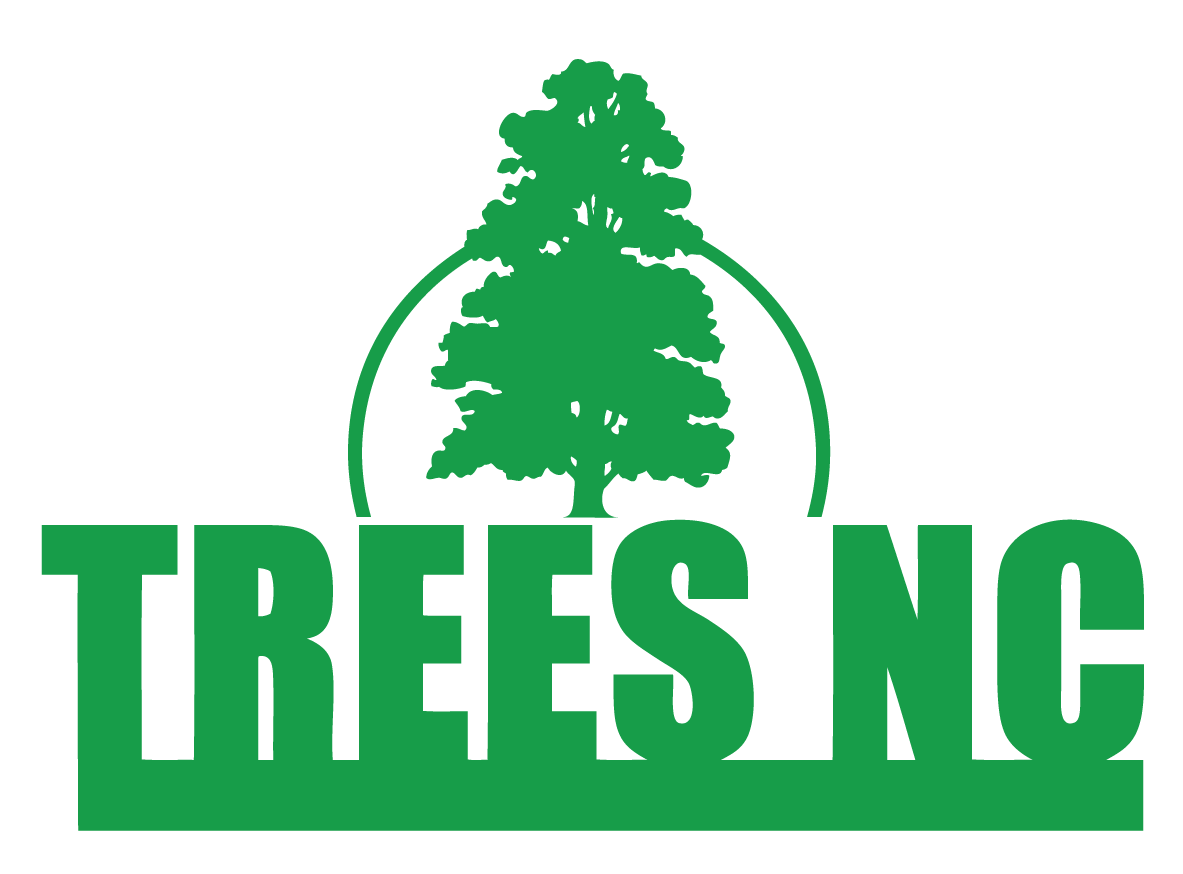N.C. Zoo's Polar Bears Events Designed to Reduce CO2
/
ASHEBORO, N.C.
— The North Carolina Zoo will embrace the cold on March1st and 2nd, 2012—no matter what the actual weather—by hosting several “Be Cool” events in cooperation with Polar Bears International, a nonprofit organization dedicated to polar bear conservation.
To start the Be Cool events, the zoo will be conducting a workshop on March 1st from 2:00-6:30 pm for zoo and museum keepers as well as education staff and volunteers. The workshop is designed to help those who want to improve their capacity to communicate effectively about global climate change and want to help our communities become participants in activities that reduce C02 to help protect polar bear habitat.
To register for this workshop please visit: www.nczoo.com/ProgramsEvents/WorkshopPolarBearsInternational.aspx.
In addition, the State Zoo will be planting a tree with representatives from Progress Energy to honor the company’s combined efforts with the N.C. Zoo Society on an Energy Efficiency Campaign that runs through International Polar Bear Day on February 27th, 2012.
The symbolic planting will take place on March 2, at 9:30 a.m., along a walkway near the park’s Rocky Coast exhibits.
"We are pleased to partner with the N.C. Zoo to help protect the environment, and to help our customers discover new ways to take control of their energy use and save money on their bill," said Rob Caldwell, Progress Energy vice president of Efficiency and Innovative Technology.
At noon on that day, the zoo will be hosting a presentation to staff by PBI’s president, Robert Buchanan, on polar bears in a warming world at the Natural Science Center in Greensboro. During his visit, Buchanan will also launch PBI’s signature “Paw of Approval Award” program, which will allow the Zoo Society to recognize a local business every year for extraordinary accomplishments in CO2 reductions. The award consists of a framed, limited-edition polar bear photograph by Daniel J. Cox of Natural Exposures.
The PBI Paw of Approval Award will recognize environmental leadership within the community. This year’s recipient is Energy Xchange, a renewable energy center in Burnsville, NC. Their mission is to apply the use of renewable resources and practices for educational opportunities and economic development in the fields of art and horticulture. Visit their website to learn more at: www.energyxchange.org
“The NC Zoo’s outreach has been invaluable in informing, empowering, and motivating the public to take action to reduce their carbon footprint,” Buchanan said. “The Be Cool event is yet another way in which the zoo is connecting with the public to raise awareness and bring about change.”
Buchanan said that sea-ice losses in the Arctic threaten polar bear survival. Polar bears rely on the sea ice to hunt, breed and, in some cases, to den. According to PBI’s Senior Scientist Steven C. Amstrup, however, it’s not too late save polar bears and their sea-ice habitat by significantly reducing CO2.
“The research shows that hope remains,” Buchanan said, “but it also shows that we must act quickly. Zoos like North Carolina can play an important role in informing and inspiring the public. That’s why we’re pleased and proud to recognize the N.C. Zoo’s achievements.”
The N.C. Zoo is part of PBI’s network of Arctic Ambassador Center Zoos. These centers focus on animal well-being and enrichment, take a leadership role in stewardship and carbon reduction efforts in their communities, and participate in PBI polar bear research efforts. They also take part in PBI outreach programs including:
- Leadership Camps on the tundra for teens, zookeepers, and zoo educators that focus on polar bears and a warming Arctic
- The annual Project Polar Bear Contest, which challenges teens to reduce carbon emissions
- Tundra Connections broadcasts, which link scientists and educators in the field during the polar bear migration with students in remote classrooms
“Our ongoing relationship with the North Carolina Zoo is important to us—and to the polar bears,” Buchanan said. “Zoos like this have the ability to reach hundreds of thousands of people with their conservation message.”
Polar Bears International is a nonprofit organization dedicated to the worldwide conservation of the polar bear and its habitat through research, stewardship, and education. Visit their web site to learn more about their programs at www.polarbearsinternational.org.
The zoo is an agency of the N.C. Department of Environment and Natural Resources, Dee A. Freeman, Secretary; Beverly E. Perdue, Governor.









